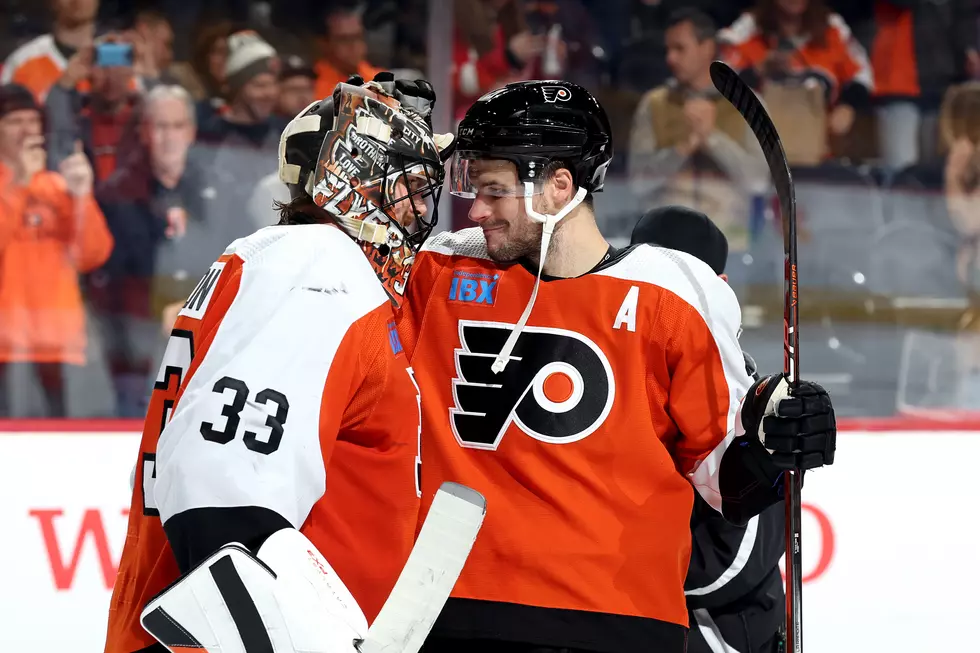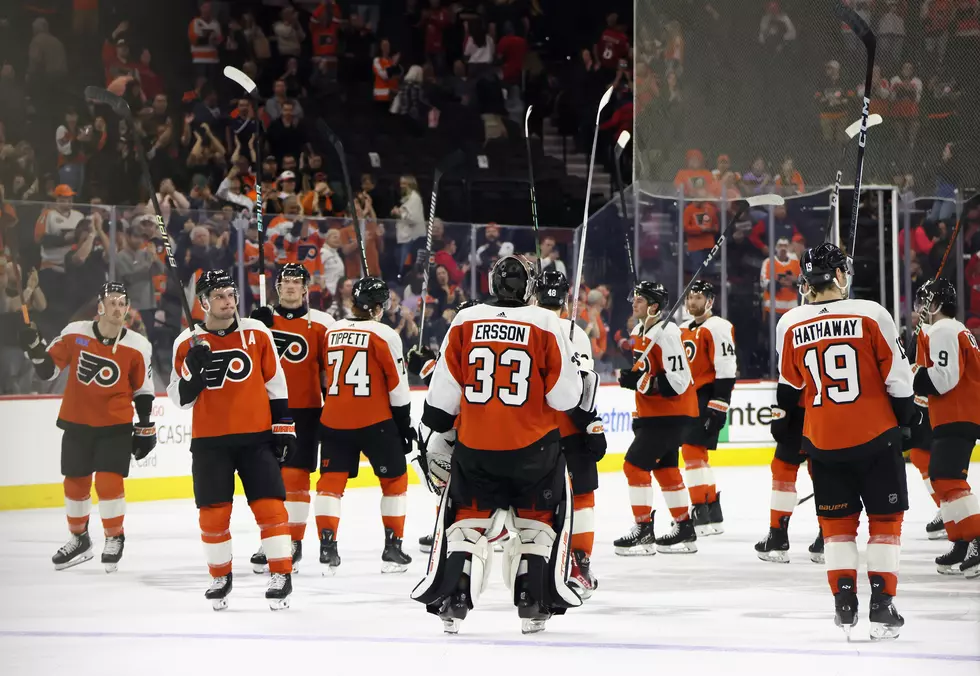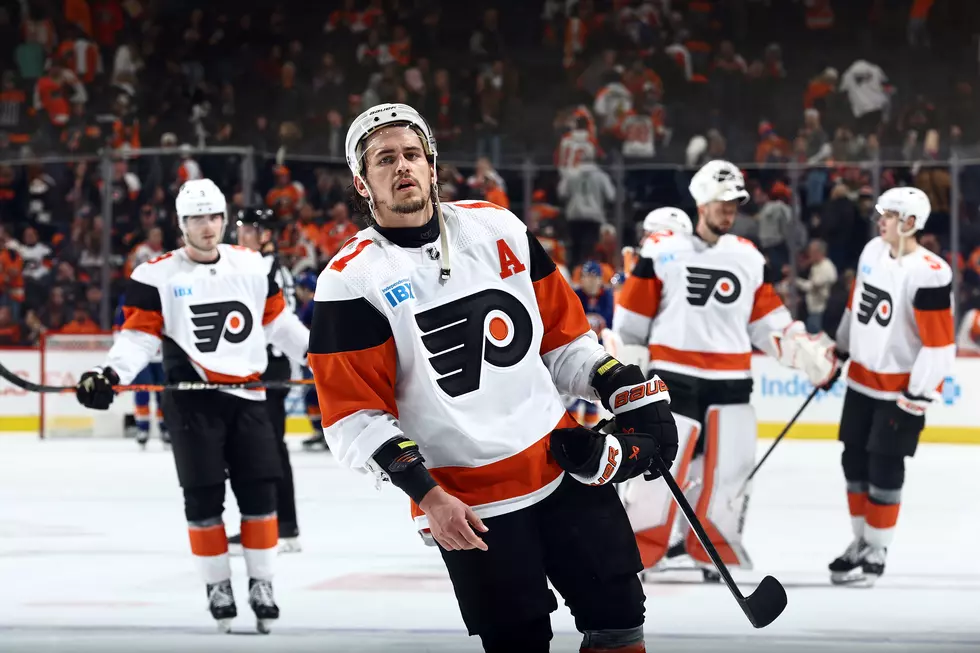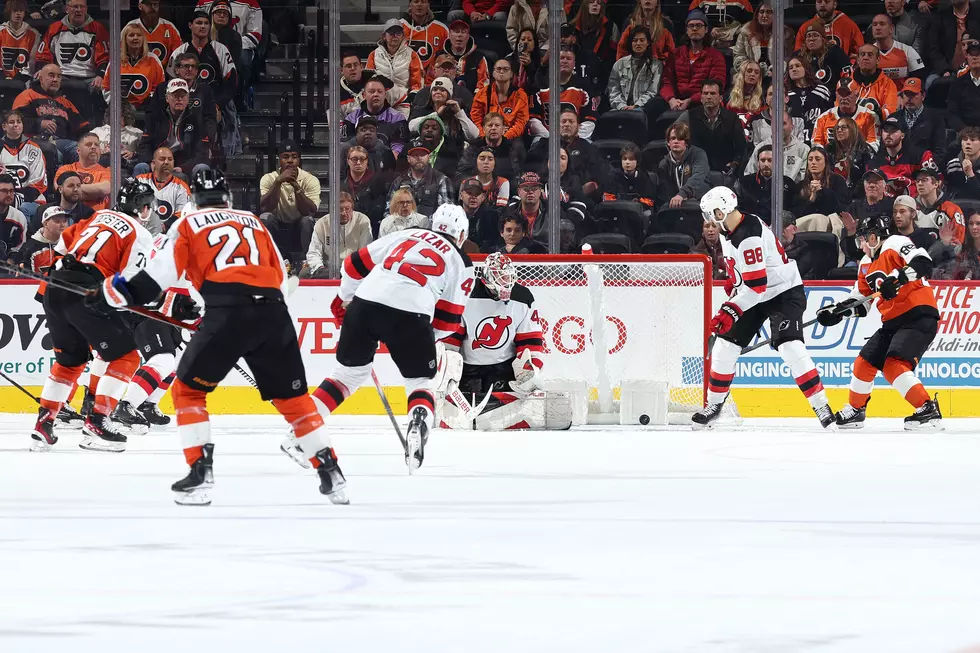
Thank You Doc: Legendary Broadcaster Announces Retirement
It wasn’t long ago that we watched as the 2019-20 NHL season came to a close with the Tampa Bay Lightning winning the Stanley Cup...on a Monday night in September. On the call that night for Game 6 and the final game of the season was Mike “Doc” Emrick, as we had always come to expect, proclaiming the victors of the greatest trophy in all of sports.
Emrick announced his retirement from broadcasting after 47 years, many of them spent on national platforms like ESPN, ABC and NBC.
Doc’s beginnings came in Port Huron with the Flags in the International Hockey League (IHL) in 1973, but four years later, he was calling AHL games for the Maine Mariners, then the Philadelphia Flyers’ affiliate. After five seasons, the New Jersey Devils came calling.
Doc primarily called Devils games from 1982 to 1986, but filled in on occasion as a spot announcer for Flyers home games. In 1986, he joined the Flyers staff as a studio host, then took over play-by-play duties in 1988. He also started calling games nationally in 1986.
For the next five seasons, Doc was one of the voices of the Flyers, then made his return to the Devils in 1993, a role he held for 18 seasons through 2011, when he solely focused on national work for NBC.
In total, Doc called an excess of 3,750 hockey games, among them 22 Stanley Cup Finals, 45 Game 7s, six Olympics, 14 All-Star Games and 19 outdoor games between the Winter Classic and Stadium Series.
In many sports, broadcasters become beloved because they find a way to connect with their audience, to make every game seem to matter that much more. It didn’t matter if Doc was calling a game between two marquee teams in the playoffs or calling a mid-January affair between two of the NHL’s bottom-feeders. He had a way to hook you into the game and make it feel like Game 7.
Often imitated, never duplicated, Doc spoke like an auctioneer, rattled off a plethora of verbs to describe player and puck movement and raised his voice at all the appropriate moments to heighten the suspense. When Doc was on the call, it wasn’t just a game. It was a high-action drama unfolding in front of your eyes.
Emrick earned the nickname “Doc” because of his PhD in communications, but he was as much a friend and student of the game as anyone. He was on a pedestal for so many of us involved in the game, but his own status was secondary to those around him. He always wanted to shift the conversation to you instead of be showered in praise and admiration. He marveled at the fact that a career could be made watching this game and getting free admission to do it. After six seasons of doing this myself, believe me, I know where he’s coming from.
He marveled at the ability of the players he watched. He knew he wasn’t cut out to play the game and appreciated the ones who could. It is a game so physically demanding, so poetic and yet brutal simultaneously, and that made it all the more magnificent.
One of the things Mike and Brodes have discussed on the 97.3 ESPN airwaves, particularly during the Flyers most recent playoff run, was just how difficult hockey conversation on sports talk radio can be to generate. There are certainly several schools of thought on this.
It is a difficult game to comprehend with its speed. There is little time to second guess a decision or a play. Blink, and you may miss what even caused the play to occur. The reason it is so hard to second guess is because many who watch it know that if they were thrust into the same situation, placed in a spot where they had to make a decision or a play, they wouldn’t even know where to begin. The average sports fan who partakes in touch football games or beer league softball sees a baseball play in the field or a play in football and thinks they could draw up something better or perhaps make the play themselves. Not in hockey. Not in a sport that is so artistic, creative, and executed on a sheet of ice wearing two boots with 3/16-inch blades.
Doc was able to capture that magic and wizardry that takes place on the ice. He perfectly captured the mass chaos that occurred in real time, rarely faltering as he tried to describe in a matter of two seconds what happened as five bodies piled up near the crease in a net mouth scramble. In the times when the game wasn’t so frenetic, Doc could eloquently dictate his love of the game through poetry and soliloquy. It just seemed he always knew what to say to capture the audience, to say exactly what each hockey guy and girl was feeling.
I always looked forward to his broadcasts for that reason. I knew I was in for a treat. I knew I was going to be listening to someone who had as much, and probably more, appreciation for the game as I do. I knew that above all else, I would come away entertained, informed, enthused, and perhaps with my heart beating out of my chest, whether I was rooting for a team or not.
Listening to a hockey broadcast will never be the same again without Doc. We all know that. But we can always appreciate the moments he called and the memories he created. We can certainly hope that he set the bar high for all future broadcasters of this great sport. We can certainly walk away from this season and the many seasons where Doc was on the call and think about how much better it made the game and how much more we appreciated it. Some of those memories live on via YouTube, first some of his best Flyers calls, then some of his best calls on a national stage.
So thank you, Doc. Thank you for inspiring all hockey fans to love the game like you have and to show it the respect and admiration you did every time you were on the call. There will never be another like you.
All the best to the great Doc Emrick in retirement.
Kevin Durso is Flyers insider for 97.3 ESPN and Flyers editor for SportsTalkPhilly.com. Follow him on Twitter @Kevin_Durso.
KEEP READING: Flyers Top Goal Scorers Each Year Since 2010
More From 97.3 ESPN









